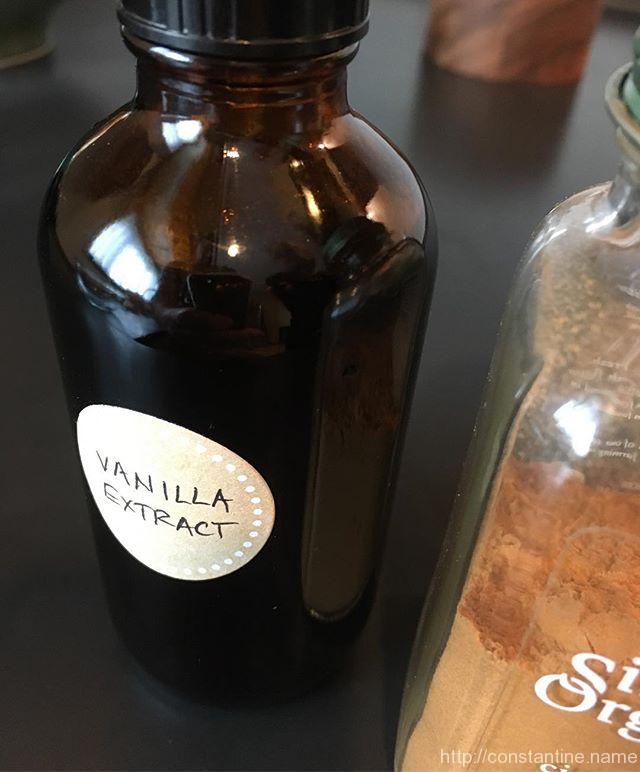I’m tired of the scale. Tired of the mental math—what I ate, what I’ll eat, what I shouldn’t have eaten. Tired of the number defining whether today is a good day or a bad day.
I didn’t call what I built “a daily prompt about weight loss.” That framing points at the outcome—the number, the goal, the destination. But the number is a result. It’s downstream of something else.
Weight is a result. It’s downstream. I got tired of obsessing over the number and started paying attention to eating instead.
The behavior, not the outcome
The something else is eating. Not food, exactly—food is just the stuff. Eating is the behavior. The when, the why, the how much, the stopping or not stopping. The thousand small moments that add up.
I don’t want to manage my weight. I want to stop thinking about it entirely. That only happens if eating becomes unremarkable—if I just eat like a person who eats well, without the constant negotiation.
The prompts are about eating because that’s where change actually lives. Not the number on the scale. Not the calories in the app. Just the ordinary moments when I’m deciding whether to eat, what to eat, when to stop.
365 Changes: A daily prompt about eating — https://365changes.com/
ɕ









